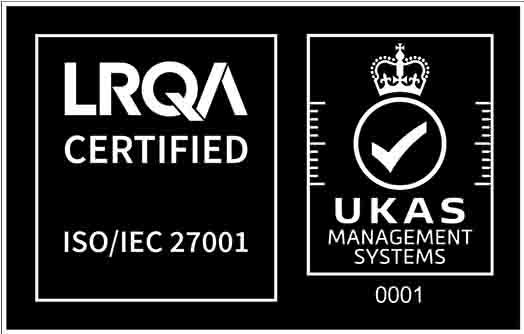Many of us will not be too disappointed to say goodbye to 2020.
Insurers and MGAs engaged with risks that give rise to personal injury are looking forward to the launch of the new pre action protocol in April 2021, which is designed to control the spiraling cost of whiplash claims by introducing a fixed tariff for low value whiplash claims up to two years.
Although the reforms have been put off twice, in a recent Law Gazette article it was confirmed that an MOJ spokesman “had intimated the reforms will go ahead.”
So what challenges do insurers face?
We suggest that a key issue will be how to deal with either litigants in person (LIPs) or a whole new array of inexperienced litigation friends, claims management company representatives.
Assessing the value of a claim may be difficult because although there may be a tariff in place, a claimant might still be incurring significant losses in the form of loss of earnings if there is a delay in treatment or disposal. For insurers and MGAs to sit back and wait for claimants to make the running would not be in their interests.
Claims, unlike good wine, do not get better with age.
For an insurer or MGA today’s third party may be tomorrow’s policyholder. Therefore it is ever more important to manage claims efficiently, to be able to reserve them correctly and to dispose of them swiftly on reasonable terms to avoid bad publicity and reputational damage.
Dealing with members of the public can be fraught for claims handlers used to dealing B2B with law firms.
At Connexus we have addressed this issue through an integrated approach, which combines triage, rehabilitation, evaluation and disposal, and makes good use of technology.
All third parties will have to be medically examined under the new rules but by triage at the outset, ascertaining the nature of the injuries and arranging treatment early, the third party will consider they are being dealt with fairly and the cost of the claim will be controlled.
The other solid benefit of this approach is to see early on those claims that are likely to have been exaggerated or potentially fraudulent. Those who refuse or procrastinate on offers of help or treatment may be disingenuous.
The advocated approach of interventional rehabilitation requires significant organisation. As well as having a compliant approach to contacting the third party, there needs to be national facilities for medical reporting, triage and treatment, both remote for those sheltering and in person for those who require it.
There must also be those on hand who are qualified to consider the issue of liability, and conduct negotiations and disposal with the litigants in person or their representative and, in the absence of any arrangements for ADR, conduct litigation with a LIP.
With the cost of legal expenses likely to rise exponentially as a result of the changes and the likely take up to fall (particularly for those who buy insurance via comparison sites) insurers and MGAs may find any savings made could be eaten up by increased claims cost; unless realistic preparations are put in train.
Connexus are conducting a series of seminars via the MGAA over the next few months for the benefit of existing and new clients to explain how we can help in putting the necessary arrangements in place to avoid being unprepared for the forthcoming changes. We have used technology to good effect to coordinate all disciplines and can show you how. As an insurer or MGA the decision to retain claims handling in house or outsource is always a balancing act.
We adopt a holistic approach and offer a fully outsourced facility for a guaranteed fixed fee or can plug some of your gaps. Ultimately, we are here to help.

